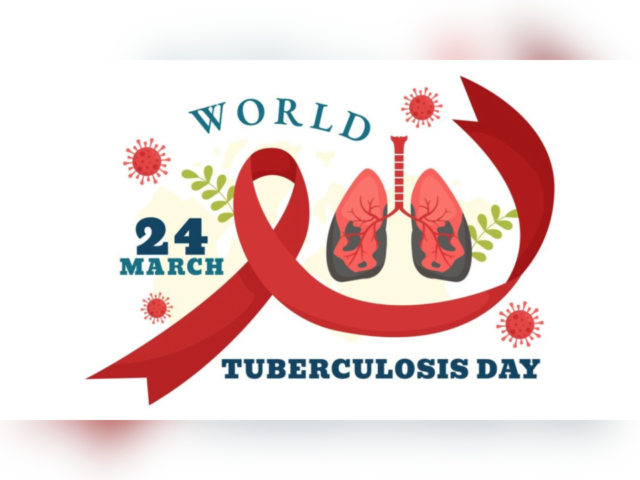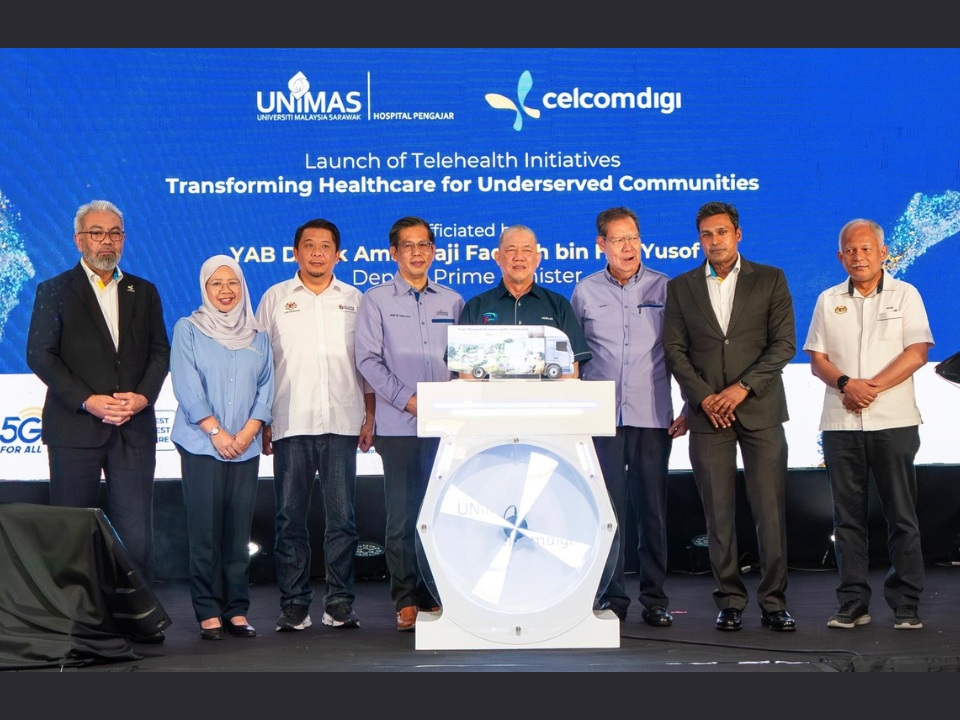
Every year, March 24 marks World Tuberculosis (TB) Day, reminding the world of the ongoing fight against TB. Despite medical advancements, Malaysia continues to battle rising TB cases, with a 5.47% increase from 25,391 cases in 2022 to 26,781 cases in 2023, as reported by the Ministry of Health Malaysia.
One of the most vulnerable groups affected by TB is migrant workers, many of whom face systemic barriers to diagnosis and treatment. Without proper intervention, undiagnosed cases can fuel further TB transmission—threatening both public health and economic stability.
The question is: How can Malaysia close the gaps and strengthen its TB response for migrant workers?
Challenges in TB Prevention Among Migrant Workers

Image via Andy Hall
Migrant workers, both documented and undocumented play a vital role in Malaysia’s economy, working in industries like construction, manufacturing, and food services. However, their living and working conditions often expose them to higher risks of TB transmission due to:
- Overcrowded environments: Factories, dormitories, and shared housing increase exposure.
- Limited healthcare access: Fear of deportation discourages undocumented workers from seeking medical help.
- Strict immigration policies: Work permits for documented migrants are often revoked if they test positive for TB, even if they have a non-contagious latent infection (LTBI).
Did you know? The Ministry of Health Malaysia provides free TB treatment to all including migrant workers. However, many do not seek help due to fear of legal consequences.
Understanding TB: Active vs. Latent Infection

Image via Everyday Health
One of the key gaps in Malaysia’s TB response is the failure to differentiate between:
- Active TB Disease: Contagious, requires immediate treatment.
- Latent TB Infection (LTBI): Non-contagious, treatable, but may become active if left untreated.
Currently, Malaysia’s Immigration Department revokes work permits of migrant workers who test positive for TB via the QuantiFERON-TB Gold (QFT-G) test, without distinguishing between active TB and LTBI.
What does this mean? Migrants diagnosed with LTBI are denied work permit renewals, forcing them into:
- Illegal employment to survive
- Undocumented status, increasing risk of exploitation
- Avoiding treatment due to fear of deportation, which increases future TB transmission
This outdated policy creates a vicious cycle, where both public health and economic productivity suffer.
A Call for Policy Reform: Strengthening Malaysia’s TB Control Strategy

Image via Suhakam
If Malaysia is serious about eliminating TB, urgent reforms are needed to support, not punish, infected migrant workers.
Key Actions for a More Effective TB Response:
- Interagency Collaboration
The Immigration Department, Ministry of Health, DOSH, and FOMEMA must share data and align policies to support TB prevention. - Legal Protection for LTBI Cases
Migrant workers diagnosed with LTBI should not be deported. Instead, they should receive proper treatment without risking job loss. - Refined Screening Protocols
Instead of using QFT-G test results alone, secondary testing (chest X-rays, sputum tests) should confirm active disease before making any legal or health-related decisions. - Better Patient Tracking & Treatment Compliance
Digital tools (SMS reminders, mobile apps) and community-based healthcare monitoring can ensure that migrants complete their treatment, preventing active TB progression. - Health Education for Migrant Workers
Many migrant workers lack knowledge about TB symptoms, treatment, and prevention. On-site awareness programs can help detect TB early and encourage adherence to treatment.
The Time for Change is NOW!

Image via Malaysiakini
World TB Day is not just about awareness, it’s a call to action. Malaysia has the expertise, resources, and infrastructure to eliminate TB. However, systemic policy gaps and outdated immigration rules continue to put migrant workers at risk.
- By protecting migrant workers, we also protect Malaysians.
- By treating LTBI cases properly, we prevent active TB outbreaks.
- By reforming TB policies, we strengthen Malaysia’s public health system.
It’s time to bridge the gaps and build a TB-free Malaysia, for everyone!

Dr. Jo Ann Andoy Galvan
Senior Lecturer, School of Medicine, Faculty of Health and Medical Sciences, Taylor’s University










